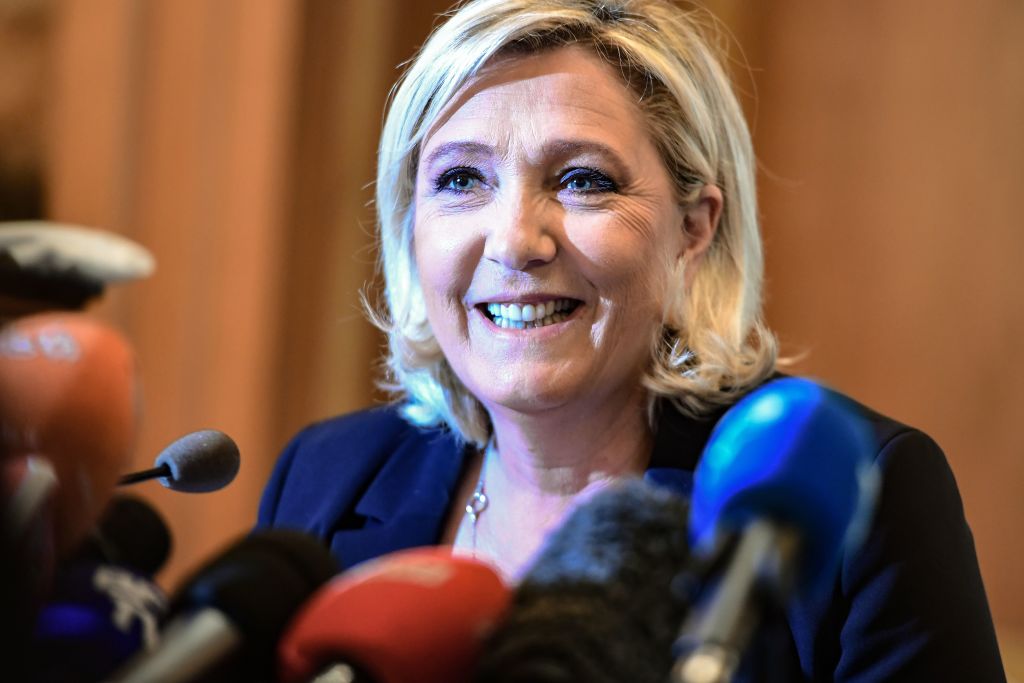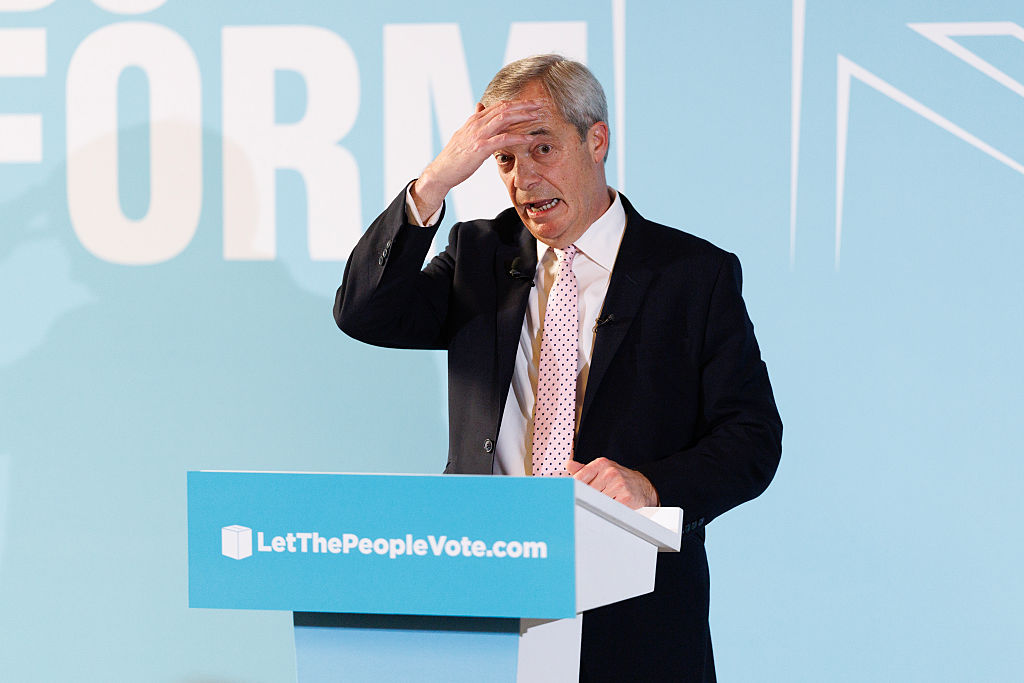‘Dans ce rêve où ma semence de nègre fout en cloque cette chienne de Marine Le Pen.’ You don’t have to speak fluent French to get the feeling that the French-Congolese rapper Youssoupha was not a big fan of Marine Le Pen in his song, ‘Éternel recommencement’. In fact, he’s not a big fan of quite a few journalists and politicians in France. But what is rap for, if not to critique the establishment?
That must have been the reasoning of the Federation Francaise de Football (FFF) when it chose Youssoupha’s recent tune, ‘Ecris mon nom en bleu’ (Write my name in blue) as the anthem for the French soccer team ahead of this month’s European Championship.
The decision though immediately sparked a backlash from the right, with Marine Le Pen criticizing Youssoupha’s lyrics about her, which were written in 2006. Shortly afterwards the FFF announced that it would not play ‘Ecris mon nom en Bleu’ during the tournament. In the proxy war waged over le foot in France, it’s Marine Le Pen 1, Youssoupha 0.
Marine Le Pen’s war on the anthem is part of a long history of cultural battles over the French soccer team. Les Blues have always been central to political fights over the nature of the Republic. Composed largely of players from immigrant backgrounds, in the past the team has been held up as the literal manifestation of the vivre ensemble ethic. Take France’s World Cup-winning 1998 team, nicknamed the Rainbow Squad. With players from North Africa, West Africa, the French Caribbean, the Pacific islands and the Basque country, the 1998 team became a cohesive force for French race relations.
Not everyone thought so at the time, mind. In 1998 Jean-Marie Le Pen, then leader of the Front National, commented that the ‘Black, Blanc, Beur’ (Black, White, Arab) team didn’t look sufficiently French. In 2006 he criticized then manager Raymond Domenech for choosing too many black players. And in 2007 a top socialist aide said that he was ‘ashamed for his country’ that nine out of 11 players on the side were black.
It’s now been 23 years since France first won the World Cup and yet again a Le Pen — this time, Marine — is commentating from the side of the pitch. When the FFF released its promotional video for the French squad — a montage of council estates and soccer pitches interspersed with shots of the Eiffel Tower set to Youssoupha’s music — Le Pen hit out at the rapper’s ‘insulting’ and ‘outrageous’ lyrics and speaking on her behalf, the deputy leader of the Rassemblement National denounced the choice of Youssoupha as choquant, considering his obscene lyrics about Le Pen and equally disturbing lyrics about Éric Zemmour — whom he described as an immigrant hating member of the elite or ‘con’. (Zemmour lost a court battle with the rapper in 2012 after a judge ruled that rap was allowed a certain amount of exaggeration.) The FFF responded by scrambling to distance themselves from the controversy, blaming a ‘junior’ member of the team for choosing the song in the first place, before pulling it altogether.
The row has put Macron in an uncomfortable position. The French soccer team perfectly represents the Republican ideal of multiculturalism the president is keen to espouse. Yet Macron also fears being outflanked on the right on cultural issues. Unsurprisingly, Macron’s aides have been inconsistent when it comes to the Youssoupha row. The French sports minister Roxana Maracineanu has praised Youssoupha as a champion of the fight against racism, calling the song ‘magnificent’ while Marlene Schiappa, minister for citizenship, condemned his attacks on Le Pen. In a culture war played out on the soccer pitch, Macron’s squad are clearly not all playing on the same side.
For Marine Le Pen, the Youssoupha battle represents an easy win. She may reasonably object to the rapper’s insults, drawing her partisan crowd closer in the crucial months before the election. But her objection has certainly resulted in the same brand of multicultural invective that her father engaged in all those years ago.
This article was originally published on The Spectator’s UK website.

























